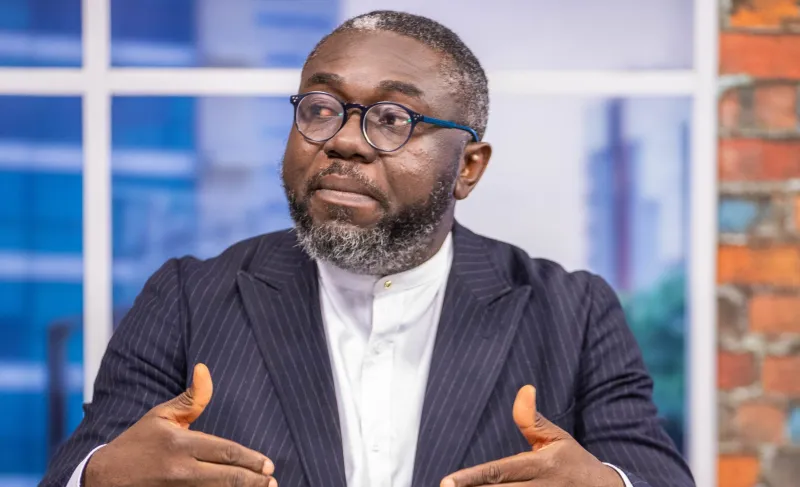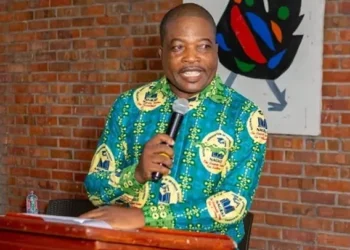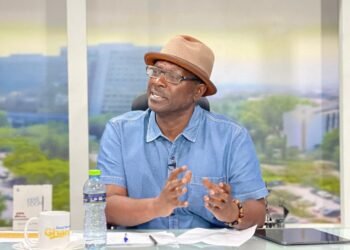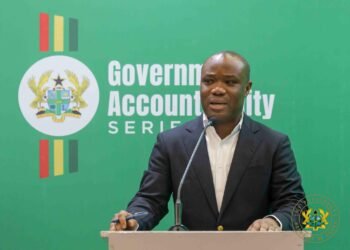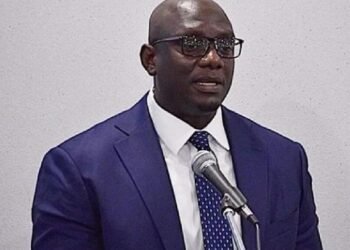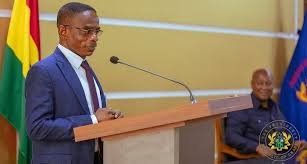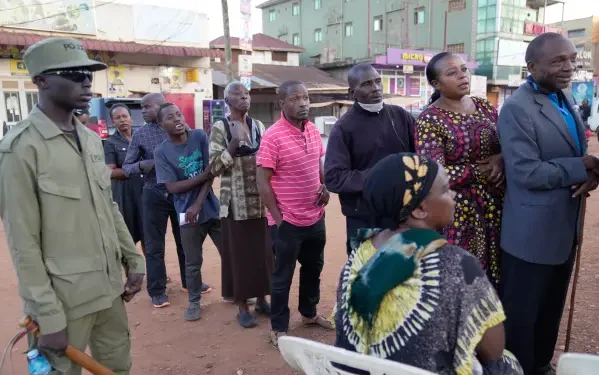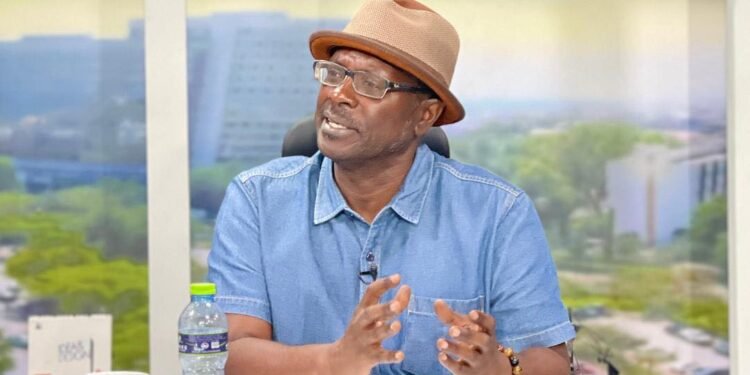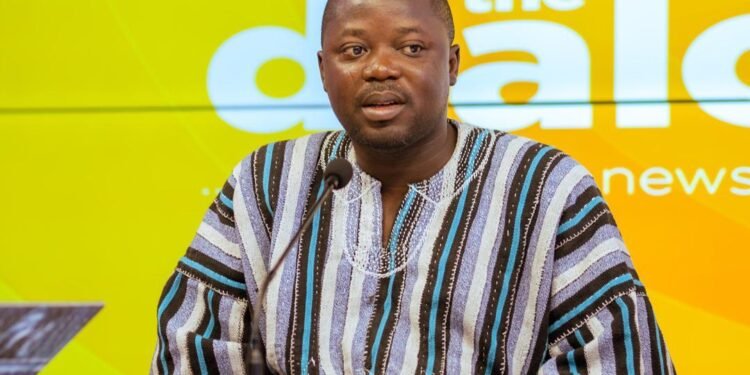Legal practitioner and social activist Osagyefo Mawusi Oliver Barker-Vormawor has pushed back against growing calls for the removal of the Special Prosecutor, Mr. Kissi Agyebeng, stressing that dismantling a key anti-corruption institution because of public frustration would be counterproductive to Ghana’s long-term fight against corruption.
In a strongly reasoned statement, Barker-Vormawor said he disagreed with lawyer Martin Kpebu and others who have recently demanded that President John Mahama remove the Special Prosecutor.
He described Kissi Agyebeng’s tenure as largely progressive, particularly in laying down the structural foundations of the Office of the Special Prosecutor (OSP) following what he termed “the turbulent Martin Amidu years.”
He explained that it would be premature and damaging to the institutionalization of anti-corruption efforts if the country were to respond to its frustrations by dismantling one of its key accountability bodies. “We can’t dismantle a key institution because we are frustrated by progress,” he cautioned.
According to Barker-Vormawor, while the OSP’s performance under Kissi Agyebeng might not have met all public expectations, the appropriate response should be introspection and constructive engagement rather than dismissal.
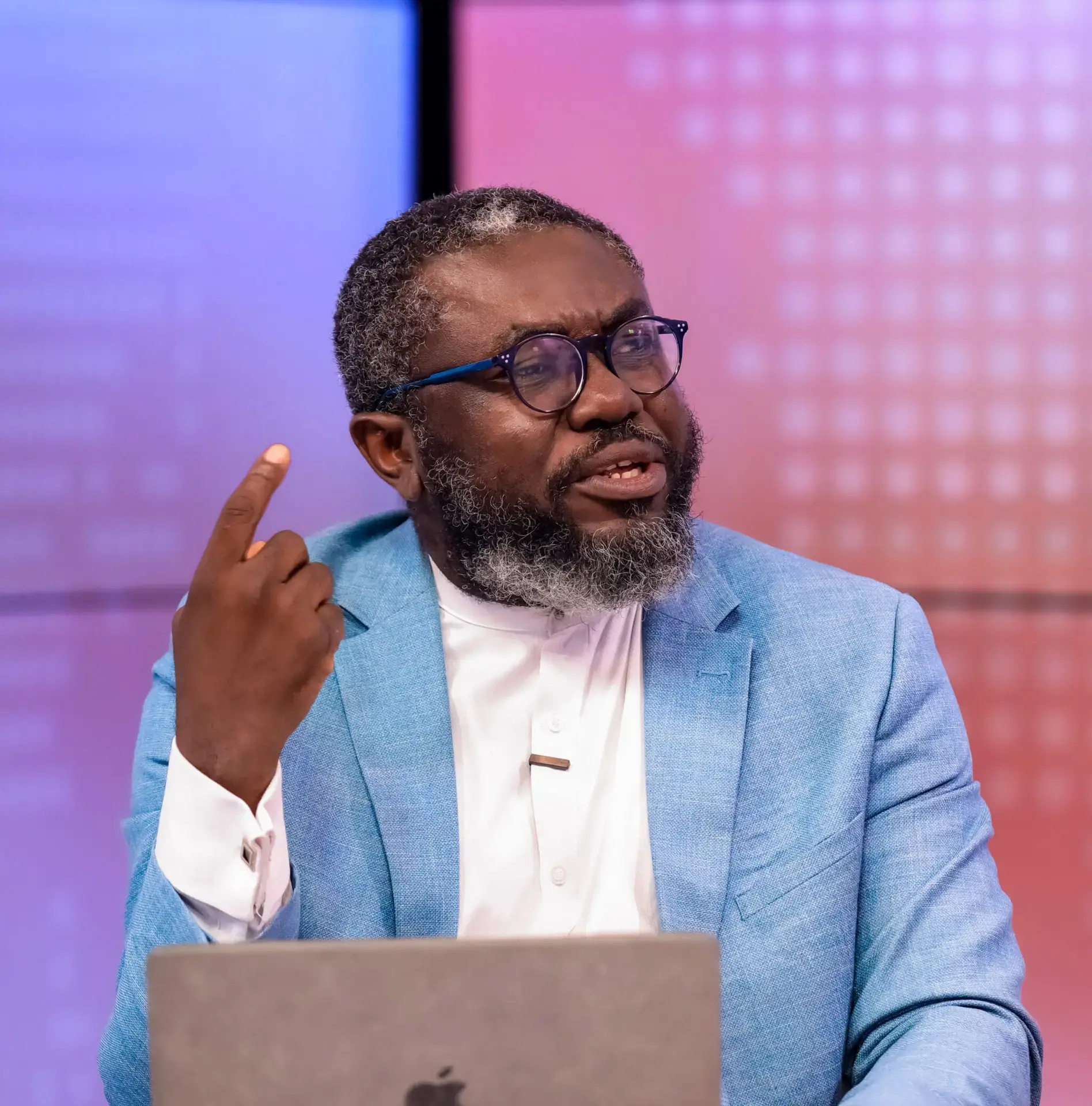
“Let us learn together what he didn’t get right. Let us amplify what he got right,” he urged, adding that the OSP’s work should be seen as part of a larger national learning curve in institutional accountability.
Supporting Anti-Corruption Efforts
Barker-Vormawor, who has long been associated with civic activism and public accountability initiatives, reaffirmed his commitment to supporting anti-corruption efforts in the country.
He also encouraged Mr. Agyebeng to use his remaining two years in office to reflect deeply on his performance and the legacy he hopes to leave behind.
Adding his voice to the conversation, veteran journalist Emmanuel K. Dogbevi also criticized the recent attacks on the Office of the Special Prosecutor, describing them as disproportionate and unfair.
He particularly referenced comments by lawyer Martin Kpebu, who reportedly suggested that the OSP should confiscate businesses owned by former Finance Minister Ken Ofori-Atta or face a petition for his removal. Dogbevi described Kpebu’s assertions as misguided and lacking in factual grounding.
“It should be obvious to him that Ofori-Atta owned the businesses before entering public office. Unless he, Kpebu, has proof to show that Ofori-Atta has stolen public money and put it in his companies on entering public office.”
Veteran Journalist Emmanuel K. Dogbevi
While acknowledging the public’s growing impatience with the pace of investigations by the OSP, Dogbevi reminded Ghanaians that legal accountability operates within the framework of the courts, not public opinion.
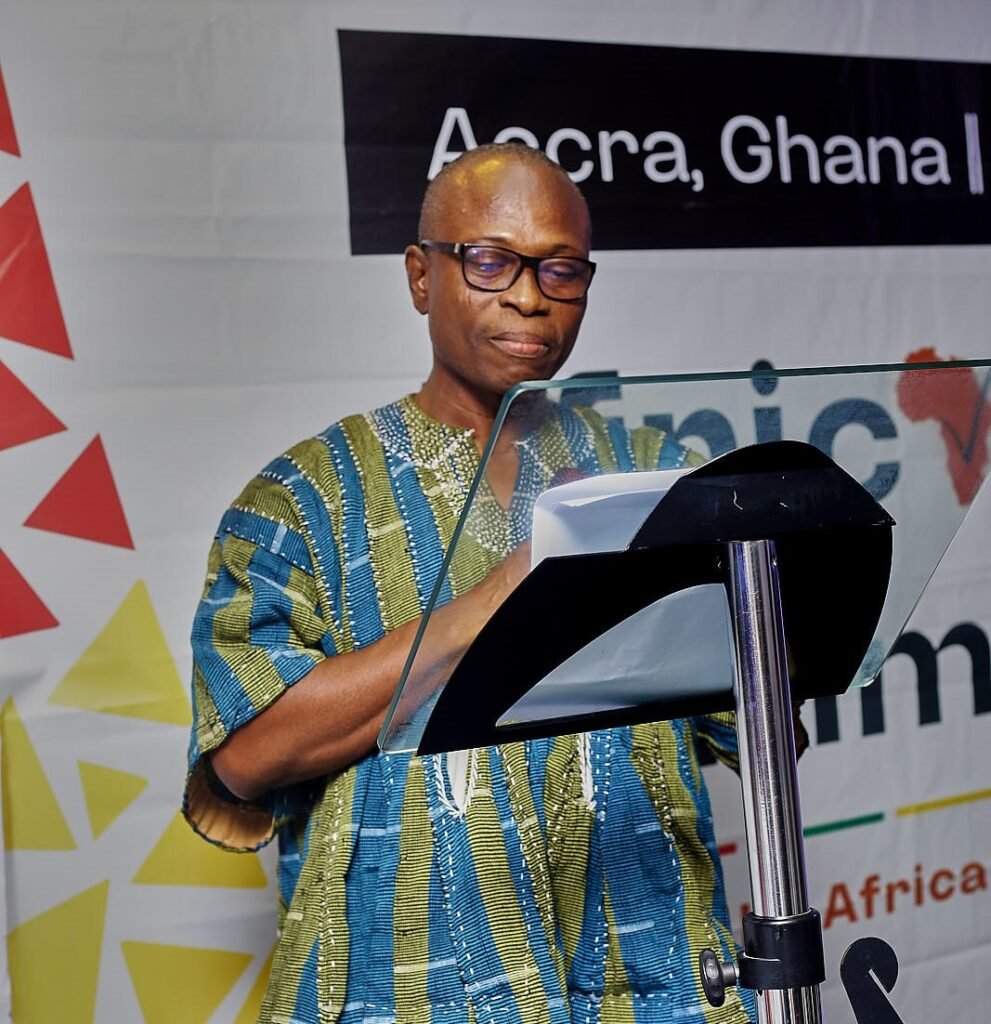
The journalist underscored that reasonable criticism of public institutions is both necessary and healthy in a democracy, but warned against selective outrage and politically charged narratives.
Dogbevi also drew attention to what he described as an unfair focus on the OSP while other institutions mandated to investigate financial crimes appear to escape public scrutiny.
“But I haven’t heard anyone put so much pressure on the Financial Intelligence Center—which also has the mandate to monitor and stem money laundering and illicit financial flows.
There’s also no such pressure on the Economic and Organized Crime Office, also invested with similar powers to deal with financial crimes, and no one is calling for the removal of the boss”.
Veteran journalist Emmanuel K. Dogbevi
Dogbevi emphasized that investigating complex financial crimes requires time, specialized technical expertise, and effective institutional collaboration.
He therefore called on the public to offer support rather than antagonism. “Investigating financial crimes is complex. These institutions need our support, and our criticisms of them should be fair and justifiable,” he concluded.

The interventions by Barker-Vormawor and Dogbevi add nuance to an increasingly polarized debate about the effectiveness of the Office of the Special Prosecutor.
While critics like Martin Kpebu argue that the OSP has failed to deliver concrete results, others contend that the institution’s challenges reflect deeper systemic and procedural limitations rather than individual failure.
As public pressure mounts, voices like Barker-Vormawor and Dogbevi’s remind Ghanaians of the importance of patience, institutional learning, and fairness in evaluating the progress of anti-corruption bodies tasked with cleaning up the country’s public life.
READ ALSO: Tanzania’s President Secures Another Term In Office

